The cracking jaw can result from a dysfunction of the temporomandibular joints, which make the connection between the jaw and the skeleton and which allow the person to speak, chew and yawn, for example.
This situation can occur in people who have the habit of chewing chewing gum, biting their nails, clenching their jaws or biting their lips and cheeks, for example, because these are habits that cause the joints to wear out.
However, the jaw cracking can be caused by more serious problems, such as bruxism, osteoarthritis or an oral infection, for example. If the cracking jaw is accompanied by pain, you should see your doctor as soon as possible, as it may be caused by a more serious health problem.
1. Bruxism

Bruxism is the unconscious act of clenching or grinding your teeth during sleep or even day-to-day. This disorder can be caused by stress, anxiety, use of some antidepressant medications and breathing problems, such as snoring or sleep apnea.
What to do: Bruxism has no cure, but it can be treated, to relieve pain and for teeth to be preserved in good condition. For this, a dental protection plate can be used at night and, in more severe cases, the doctor may recommend the use of muscle relaxant and anxiolytic drugs for a short period of time.
Learn more about symptoms and treatment.
2. Arthritis

Arthritis is a disease that can cause damage to the cartilage of the temporomandibular joint and, this loss of cartilage, can prevent the movements of the jaw from taking place correctly.
What to do: Arthritis is also curable, but it can be treated with medication, physical therapy and, in some cases, surgery. Learn about the most common symptoms and treatment of arthritis.
3. Injuries to the jaw

In the event of a jaw injury, such as a strong impact, a car accident or a fall, for example, bone breakage or jaw dislocation may occur, which may cause other symptoms such as swelling, bleeding, numbness in the area or hematoma.
What to do: Treatment for jaw injuries can vary widely, as it depends on the type of injury that has occurred. Know what it consists of and how to treat the dislocated jaw.
4. Dental malocclusion

Dental malocclusion is characterized by a change in the mechanism of fitting the upper teeth with the lower teeth, when the mouth is closed, which can cause damage to teeth, gums, bones, muscles and joints. When dental malocclusion is very severe, it is necessary to carry out treatment at the dentist.
What to do: Generally, the treatment consists of using orthodontic appliances to align the teeth and, in more severe cases, surgery may be necessary. Learn more about dental malocclusion and how treatment is performed.
5. Infection

Infections in the salivary glands can also cause dysfunction of the temporomandibular joints and pain and crackling in the jaw and other symptoms such as difficulty opening the mouth, presence of pus in the mouth, pain in the region, bad taste in the mouth and swelling of the face and neck.
What to do: In case of infection, antibiotics and analgesic and anti-inflammatory drugs are usually prescribed.
6. Cancer

Although very rare, the cracking jaw can result from cancer in regions of the mouth, such as the lips, tongue, cheek, gums or surrounding regions, which can interfere with the movement of the jaw.
Generally, when the cause of the jaw cracking is cancer, other symptoms may be present, such as swelling in the region, loss of teeth or difficulty using dentures, the presence of a mass growing in the mouth, swelling in the neck and a marked loss of weight.
What to do: The treatment of cancer in the mouth depends a lot on the region where it occurs and the extent of the tumor, so it is very important to go to the doctor as soon as the first symptoms appear.
How the treatment is done
Generally, treatment consists of resolving the cause that is at the source of the problem, however, there are general measures that can help to relieve pain and stop cracking in the jaw.
So, to improve the symptoms, you can apply ice on the spot, take painkillers, anti-inflammatory and muscle relaxants, use a dental protection plate and prefer softer foods, during the period when you feel the jaw cracking.
In some cases, the doctor may even recommend the use of dental braces and physical therapy.
Was this information helpful?
Yes No
Your opinion is important! Write here how we can improve our text:
Any questions? Click here to be answered.
Email in which you want to receive a reply:
Check the confirmation email we sent you.
Your name:
Reason for visit:
--- Choose your reason --- DiseaseLive betterHelp another personGain knowledge
Are you a health professional?
NoMedicalPharmaceuticalsNurseNutritionistBiomedicalPhysiotherapistBeauticianOther
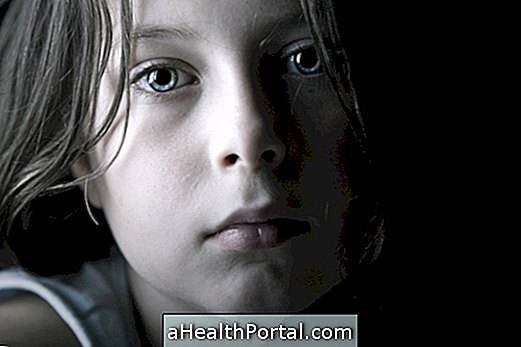
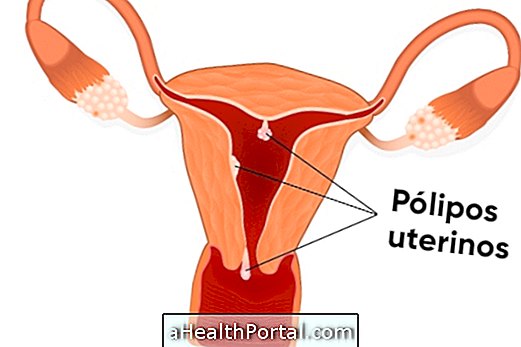


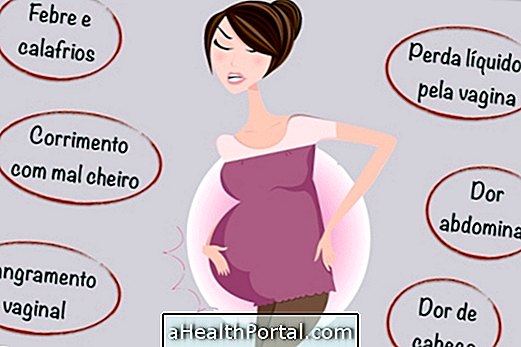




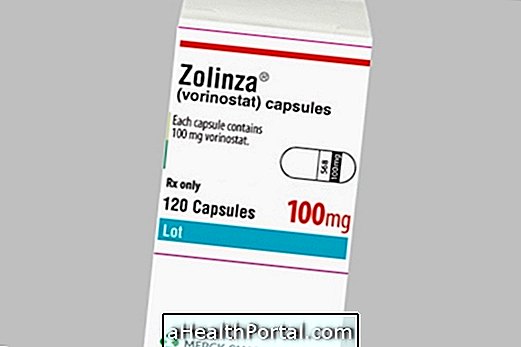
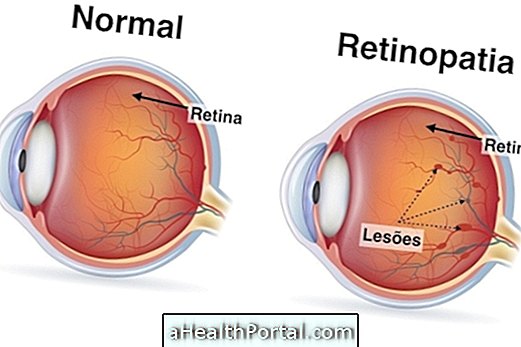
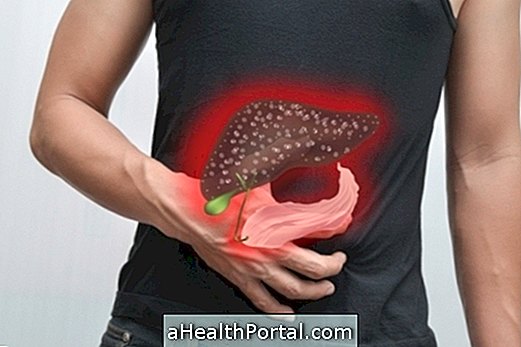
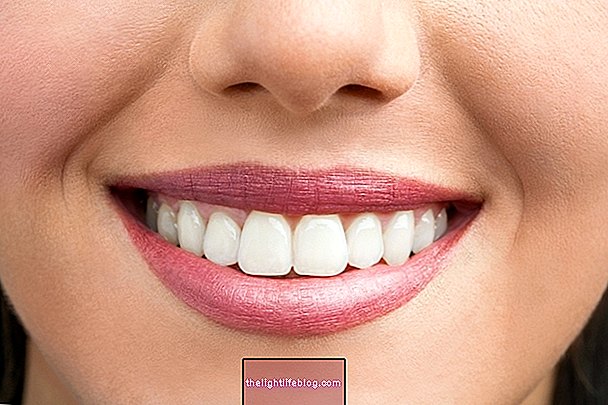



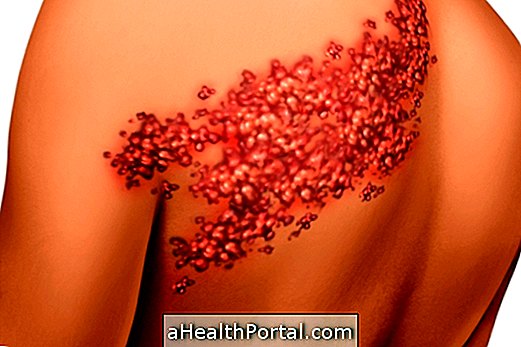
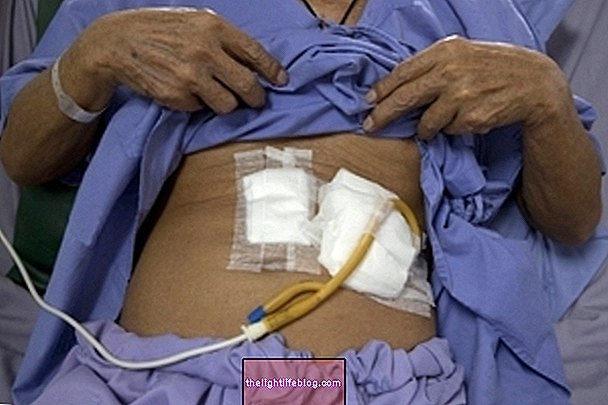

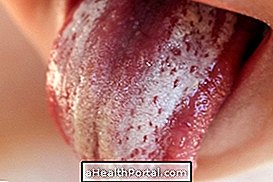
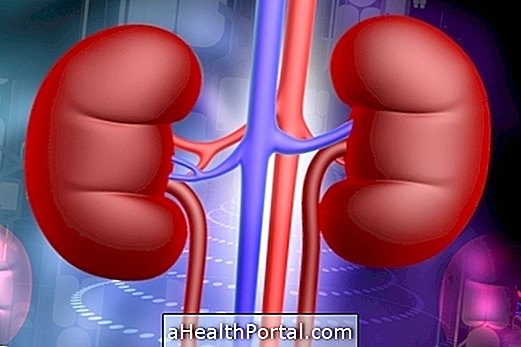

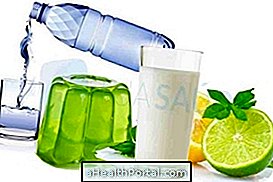
.jpg)
